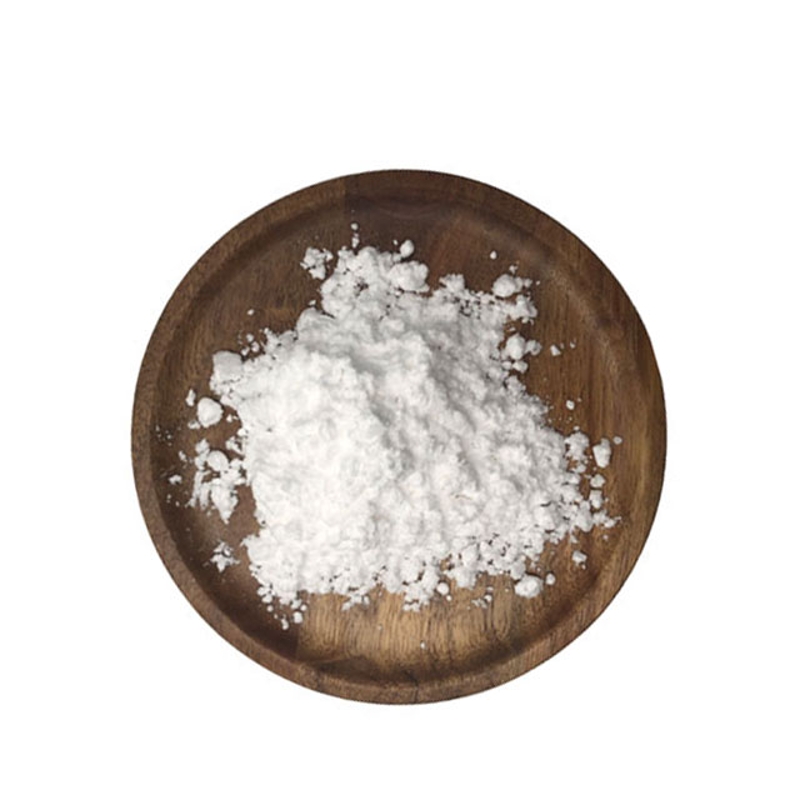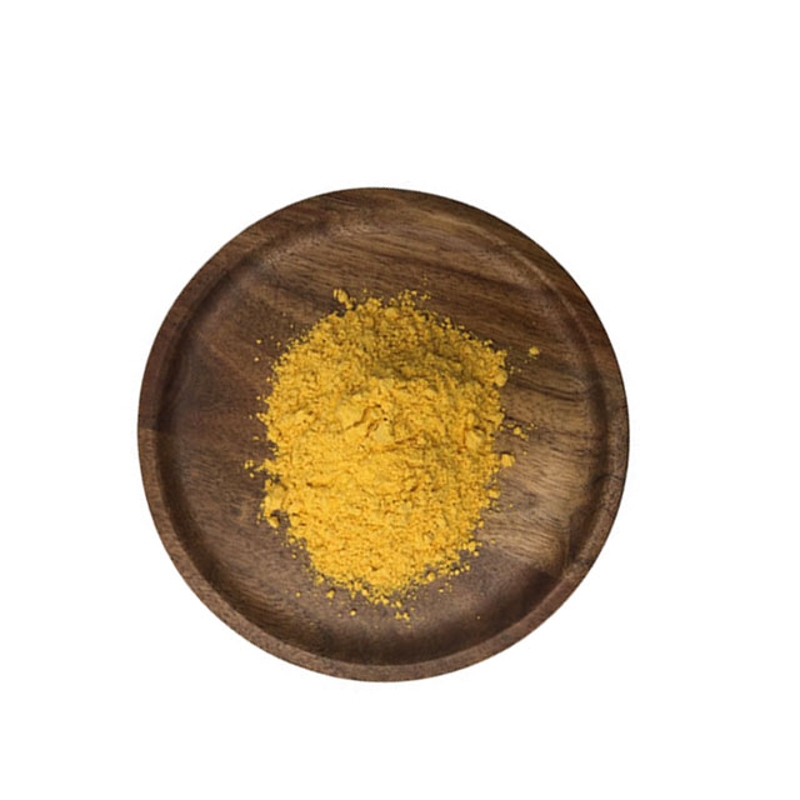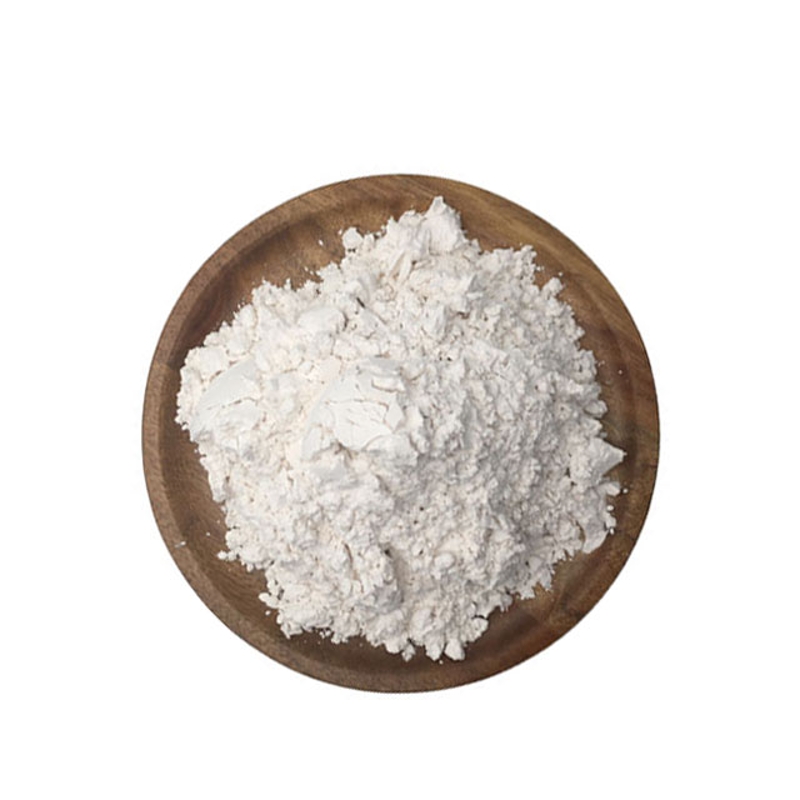-
Categories
-
Pharmaceutical Intermediates
-
Active Pharmaceutical Ingredients
-
Food Additives
- Industrial Coatings
- Agrochemicals
- Dyes and Pigments
- Surfactant
- Flavors and Fragrances
- Chemical Reagents
- Catalyst and Auxiliary
- Natural Products
- Inorganic Chemistry
-
Organic Chemistry
-
Biochemical Engineering
- Analytical Chemistry
- Cosmetic Ingredient
-
Pharmaceutical Intermediates
Promotion
ECHEMI Mall
Wholesale
Weekly Price
Exhibition
News
-
Trade Service
The American Association for Cancer Research (AACR) was established in 1907.
Diagnosis and prevention
The 112th AACR Annual Meeting in 2021 will be held online from April 10-15, 2021.
The 21st century is the era of cell therapy.
Immune tumor immune adoptive immune cell therapy , immune checkpoint monoclonal antibody therapy, tumor vaccine therapy, non-specific immune stimulation therapy (cytokine therapy) adoptive immune cell therapy , immune checkpoint monoclonal antibody therapy, tumor vaccine therapy, non-specific Heterosexual immunostimulation therapy (cytokine therapy) immune cell therapy
Adoptive immune cell therapy refers to the separation of immunocompetent cells from tumor patients, amplification and functional identification in vitro, and then infusion to the patient, so as to achieve the purpose of directly killing tumors or stimulating the body's immune response to kill tumor cells.
Adoptive immune cell therapy mainly includes NK, LAK, DC, CIK, CTL, TIL, TCR-T, CAR-T and other categories.
Although CAR-T therapy has achieved remarkable success in the treatment of hematological malignancies.
MUC1* targeted CAR-T therapy for breast cancer
For breast cancer the MUC1 * CAR-T-targeted therapy for breast cancer treatment targeting MUC1 * CAR-T breast cancerDr.
Dr.
Currently, the therapy is being tested in the first human phase 1/2 trial of breast cancer at the Fred Hatch Cancer Center.
Although CAR-T therapies have achieved high efficacy, they failed to maintain long-term effects and lead to cancer remission.
Dr.
Allogeneic, ready-made NK cell products improve anti-HER2Efficacy of gastric cancer treatment
Allogeneic, ready-made NK cell products improve anti-HER2The curative effect of gastric cancer treatment Allogeneic, ready-made NK cell products improve anti-HER2Efficacy of gastric cancer treatmentStomach cancerImmune checkpoints and the use of cell therapy are very effective in the treatment of some cancers, but the treatment of gastric cancer is not very successful.
Dr.
In this study, the efficacy of CYNK-101 combined with Trastuzumab, an antibody treatment for HER-2 positive gastric cancer, was specifically studied.
The interaction between CAR-T and host immune cells promotes a powerful anti-tumor response
The interaction between CAR-T and host immune cells promotes a strong anti-tumor response The interaction between CAR-T and host immune cells promotes a strong anti-tumor responseCAR-T cells can effectively kill tumors, but they are not done by themselves.
Their research shows that T cells extracted from glioblastoma patients after CAR-T treatment are more responsive to tumors, produce more interferon-gamma, and have an enhanced ability to kill tumor cells.
In addition, CAR-T can also produce a memory response to tumors.
When mice that were cured of cancer after CAR-T treatment were injected with tumor cells lacking the antigen targeted by CAR-T, they could fight the tumor cells.
This shows that CAR-T therapy can generate new T cell responses and kill tumors that were previously unknown to immune cells.
CAR-T cells can activate endogenous T cells in the tumor microenvironment and the resident myeloid cell population in glioblastoma tumors.
In addition, they also induced the expression of genes related to interferon-gamma stimulation.
It is found that the effect of interferon-gamma is critical to the response of CAR-T cells, because mice lacking interferon-gamma cannot kill tumor cells through CAR-T therapy.
The reduction of CAR-T response in IFN-negative mice was accompanied by a reduction in myeloid cell activation and host T cell activation.
The study shows that the anti-tumor response after CAR-T treatment cannot be attributed solely to the treatment.
It is also driven by other factors, such as the activation of endogenous T cells and tumor-resident macrophages, and the production of IFN-gamma near the tumor.
Dr.
Brown believes: "The induction of endogenous anti-tumor immunity mediated by productive CAR-T cells can generate a polyclonal immune response to resolve tumor heterogeneity and immunological memory to reduce potential tumor recurrence.
"







